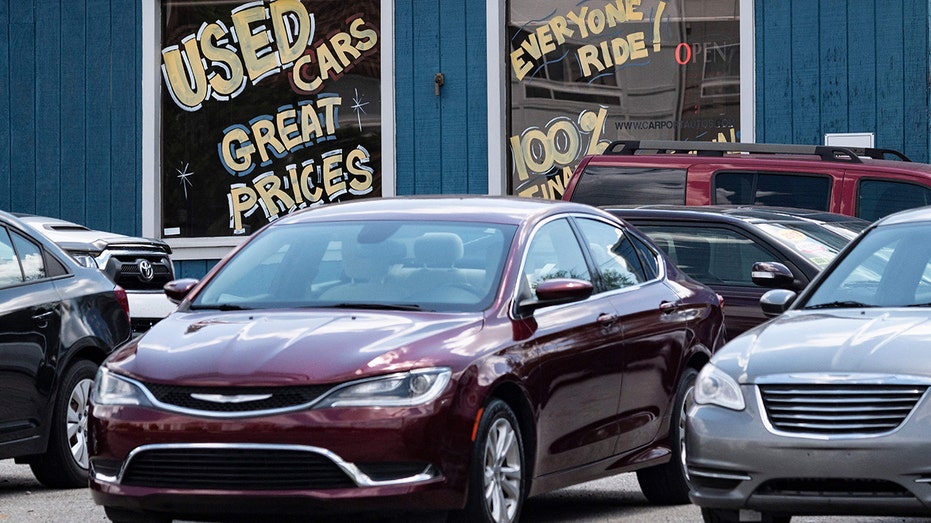Where is surging inflation hitting Americans the hardest?
Art Laffer on surging inflation: Fed does not have an answer
Former Reagan Economist Art Laffer discusses the administration’s handling of inflation, Biden’s Build Back Better agenda, unemployment in the U.S. and the ongoing economic recovery.
American households are coping with the fastest price increases in more than three decades, with the cost of everything from cars to gasoline to food surging in October, the Labor Department reported Wednesday.
The consumer price index, which measures a bevy of goods ranging from gasoline and health care to groceries and rents, jumped 6.2% from the year-ago period – the highest since December 1990. It toppled the previous month's high of 5.4%. From September to October, prices climbed 0.9%.
"I expect lots of eyeballs were bulging out of their sockets when they saw the number come in," said Seema Shah, chief strategist at Principal Global Investors. "Inflation is clearly getting worse before it gets better, while the significant rise in shelter prices is adding to concerning evidence of a broadening in inflation pressures."
INFLATION WILL LIKELY GET WORSE BEFORE IT STARTS IMPROVING, GOLDMAN WARNS Rising inflation is eating away at strong gains and wages and salaries that American workers have seen in recent months – bad news for both Biden administration officials as well as Federal Reserve policymakers, many of whom have been downplaying the recent spike in consumer prices as "transitory" and likely to abate as pandemic-induced disruptions in the supply chain faded. In addition to bottlenecks at ports and a lack of shipping containers, the U.S. is grappling with a labor shortage that has seen many employers hike wages in order to attract new talent. But in order to offset those increases, many businesses have reported raising the prices of their products. The jump in consumer prices is even more pronounced as Americans start planning for the holidays with travel, elaborate meals and presents. Here's a closer look at where consumers are feeling the pinch on their wallets: Energy costs surged 4.8% from September to October in the span of just one month, with cost increases widespread across the sector. Prices for gasoline (6.1%), heating oil (12.3%) and natural gas (6.2%) jumped last month from September, largely due to severely lopsided supply and demand: Americans are traveling more, but the supply side has not kept up with the demand. In the past year, energy costs have jumped a stunning 30%, with gasoline skyrocketing by nearly 50%. A gallon of gas, on average, was $3.42 nationwide on Tuesday, according to AAA – up from $2.11 a year ago. CONSUMER PRICES SURGE BY MOST IN 31 YEARS Prices for natural gas and heating oil are also on the rise; the Energy Information Administration has predicted that Americans could spend up to 30% more on natural gas and 43% more on heating oil this winter. It's no wonder that Americans have reported substantially higher grocery bills in recent months: Prices rose 1% in October from the previous month, and 5.3% from the year-ago period. The increases were most pronounced for different meats, with staggering year-over-year increases for steak (24%), bacon (20%), pork chops (16%), fish (11%) and chicken (9%). Egg prices climbed 12% compared to last year, while milk and coffee were both up 6%. Used car prices increased again in October after cooling slightly in August and September. The cost of a used vehicle climbed 2.5% between September and October, and in the past year has jumped by over 25%. The cost of a new car is also on the rise as automakers deal with shortages caused by disruptions in the supply chain. In October, the new cars and trucks cost 9.9% more than they did one year ago. It marked the seventh consecutive month of increases for the sector. The price of everyday goods that Americans have in their homes is also on the rise: The Labor Department reported that television prices were up 10.4% from the year-ago period, while the cost of washing machines (15%) and furniture (12%) had also climbed dramatically since last October. Source: Read Full ArticleEnergy
Food
Cars
Appliances and household goods



